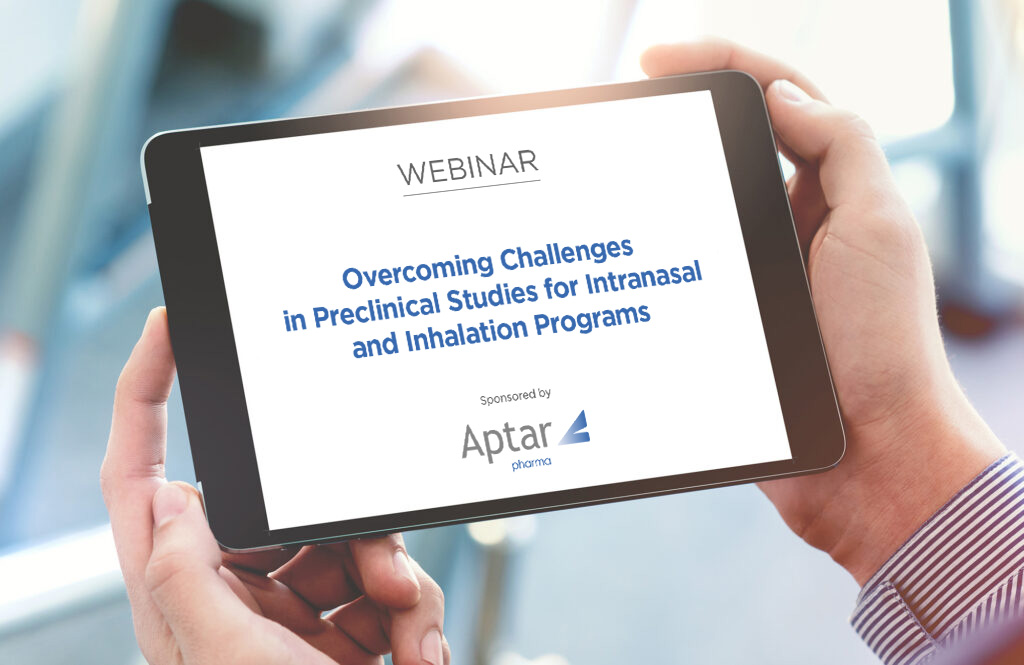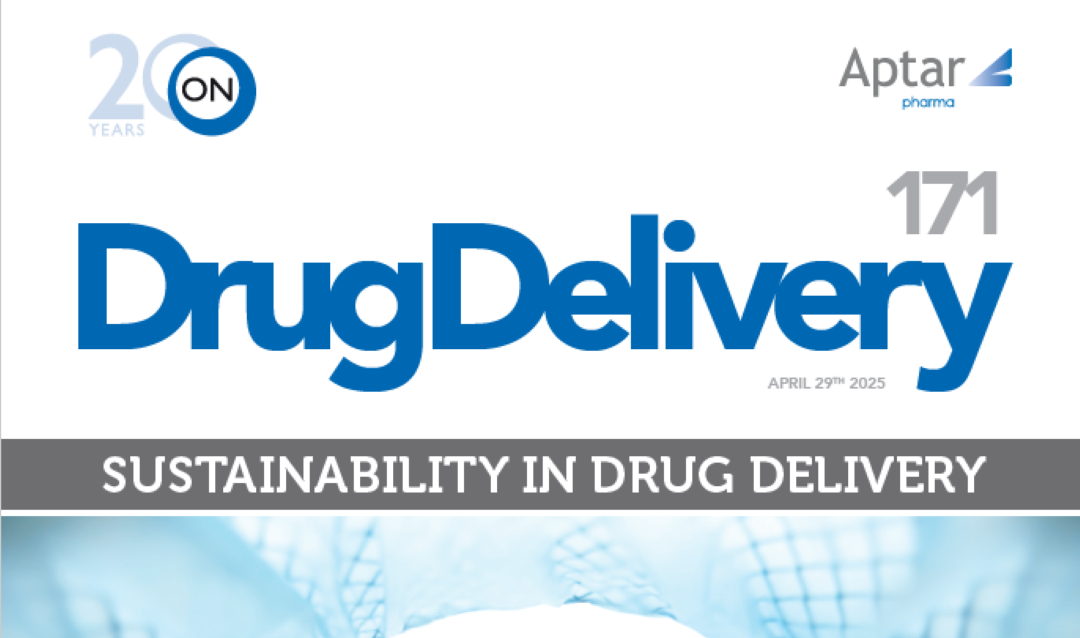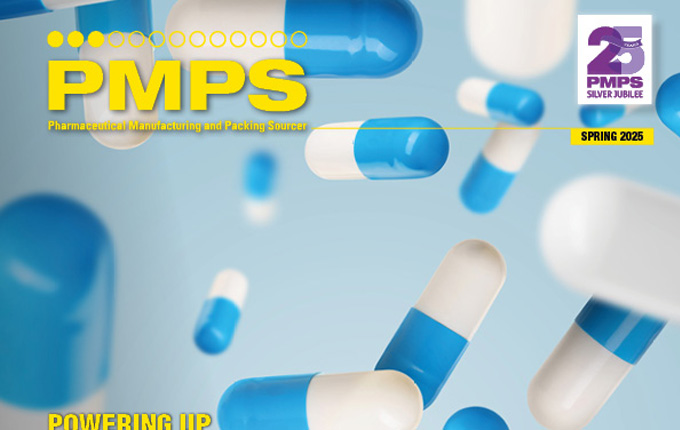One crucial aspect of transitioning to low GWP propellants is ensuring that the existing hardware, including metered dose valves, is compatible with the new formulations. Additionally, it is essential to verify that the new pMDIs perform at least as well as, if not better than, the current HFA-based inhalers. This study focuses on evaluating key performance characteristics related to canister filling, leakage, and dose weight delivery.
To facilitate the filling process, new pilot scale equipment specifically designed for low GWP propellants was successfully employed. The researchers were able to accurately and reproducibly fill optimized metered dose inhalers using these novel propellants. Static leakage, which measures the amount of propellant escaping from the canister, was found to be within the established regulatory limits for the low GWP inhalers. Moreover, the dose delivery performance remained acceptable for a period of up to six months of shelf life when utilizing the new pMDI valves. Importantly, the performance of the low GWP pMDIs was either equivalent to or superior to that of the currently used HFA-based inhalers.
Based on these findings, both HFA 152a and HFO 1234ze demonstrate promise as suitable replacements for the current HFAs in pMDIs. These new propellants offer the potential to meet the global targets set for the phase-down of F-Gases in the coming years. By transitioning to low GWP alternatives, the medical industry can contribute to mitigating the impact of greenhouse gas emissions and align with efforts to combat climate change.
In conclusion, this research highlights the successful development and evaluation of pMDIs using new low GWP propellants. The study demonstrates that the filling process can be effectively performed with specialized equipment, while leakage remains within acceptable limits. Furthermore, the dose delivery performance of the new pMDIs is comparable to or better than the current HFA-based inhalers. These findings provide a strong foundation for the future adoption of low GWP propellants in pMDIs, promoting sustainable healthcare practices and environmental stewardship.
Learn more about Aptar Pharma Expertise
in Inhalation Drug Delivery
This Might Also Be of Interest

Overcoming Challenges in Preclinical Studies for Intranasal and Inhalation Programs
Webinars, Pharmaceutical, Innovation & Insights, Drug Delivery Innovations, Market Insights, Product Solutions

Low GWP pMDI Q&A with Aptar’s ZEN30 Futurity™ Valve Solution
Publications, Pharmaceutical, Sustainability, Drug Delivery Innovations, Brand Differentiation, Market Insights, Product Solutions

Spotlight on Emissions Reductions for A Lower CO2 Footprint in Pharmaceutical Packagi...
Publications, Pharmaceutical, Sustainability, Brand Differentiation, Market Insights, Product Solutions
Advanced Analysis of Dry Powder Inhaler Formulations for Bioequivalence
Publications, Pharmaceutical, Drug Delivery Innovations, Market Insights, Product Solutions
